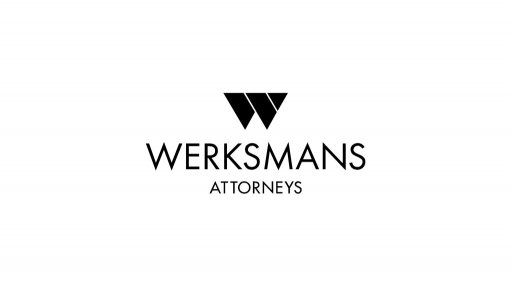
On 11 June 2019, the Broad‑Based Black Economic Empowerment (BBBEE) Commission published its findings and recommendations following an anonymous complaint relating to Eskom’s procurement process for a R4 billion boiler at Duvha Power Station. Eskom’s procurement policy and tender specifically required tenderers to have a level 4 BBBEE rating. Eskom awarded the tender to Dong Fang Electric Corporation, a Chinese company. However, Dong Fang did not submit a certificate confirming its BBBEE rating and was 100% Chinese owned. It also submitted the highest price for the tender.
The contract between Eskom and Dong Fang recorded that Dong Fang was exempt from submitting a BBBEE certificate and that Dong Fang would obtain a letter from the Department of Trade and Industry to confirm this. As the Commission correctly found, there is no basis for the Department to issue such exemption under the BBBEE Act and in any event, Eskom had failed to comply with its own tender requirements and procurement policy.
Dong Fang submitted an unsigned affidavit confirming that it had annual turnover of less than R10 million and accordingly was an Exempt Micro Enterprise (EME) with a deemed BBBEE level 4. The Commission noted that where the value of a tender exceeds R10 million, an affidavit may not be submitted by an EME and a score card for a “qualifying small enterprise” must be provided. The Commission noted that Dong Fang may have misrepresented its BBBEE status by passing itself off as an EME with a deemed level 4 BBBEE rating.
Although procurement by state-owned entities is primarily regulated by the Preferential Procurement Policy Framework Act (PPPFA), the Commission relied on the provisions of section 10 of the BBBEE Act to found its jurisdiction. Section 10 obliges every organ of state and public entity to apply the Codes of Good Practice issued in terms of the BBBEE Act in developing and implementing a preferential procurement policy. Although the Minister of Trade and Industry may exempt an organ of state or public entity from this requirement, no such exemption has been granted to Eskom.
The Commission found that Eskom had not made an effort to remedy its non‑compliance with section 10, had failed to cooperate and demonstrate good faith during the Commission’s investigation and had withheld crucial information. The Commission’s recommendations included that:
- Eskom cancel the contract awarded to Dong Fang;
- if the cancellation was not possible, Eskom should apply to Court to declare the contract invalid;
- Eskom should commission an independent audit to determine the compliance with the BBBEE Act of all contracts awarded by Eskom from 2014 to date to the value of R1 billion or more;
- an independent forensic investigation should be conducted to determine the appropriateness of relationships between Dong Fang and Eskom officials, executives and board members, including whether any payments were made to officials or their related entities or family members;
- steps, where applicable, should be taken in respect of Eskom officials involved in awarding the tender to Dong Fang, including Mr Charles Kalima;
- any criminal activities should be reported by Eskom to the South African Police Services;
- the Commission should refer Eskom’s apparent violation of the PPPFA to the National Treasury;
- the Commission should report Eskom to the Companies and Intellectual Property Commission, the Public Protector and the Minister of Public Enterprises.
Eskom is stated to have accepted all the Commission’s recommendations.
The Commission’s findings in this case set a very important precedent. It is the first published case involving a state-owned enterprise and relying on section 10 of the BBBEE Act. The legal framework for state tenders is complex and BBBEE remains an important criterion to be taken into account. The Commission has made it clear that it will actively investigate failures by state-owned enterprises to comply with BBBEE requirements. Other state-owned enterprises need to carefully consider their own procurement policies and practices in light of this case. Business also needs to carefully consider the use of “start ups” or shelf companies as vehicles to apply for state tenders, especially if reliance is made on the deemed level 4 BBBEE of EMEs and where the shareholders have more than R10 million annual revenue.
Written by Pieter Steyn, Director at Workmans Attorneys